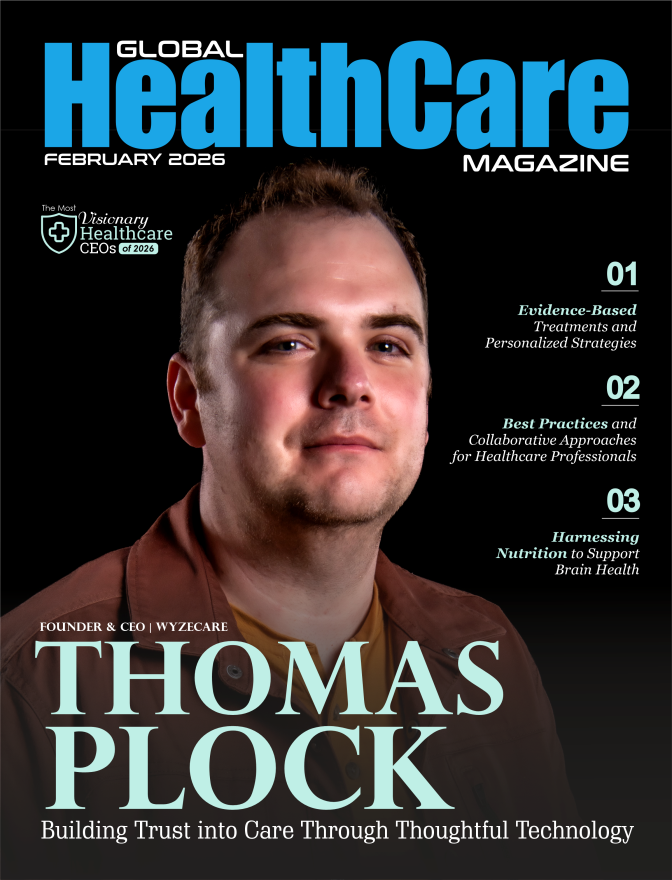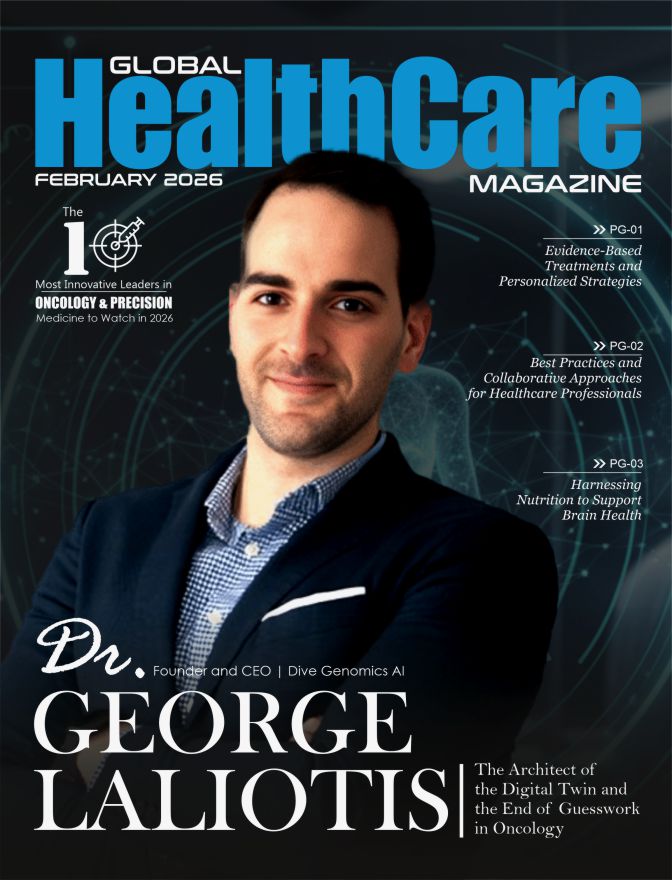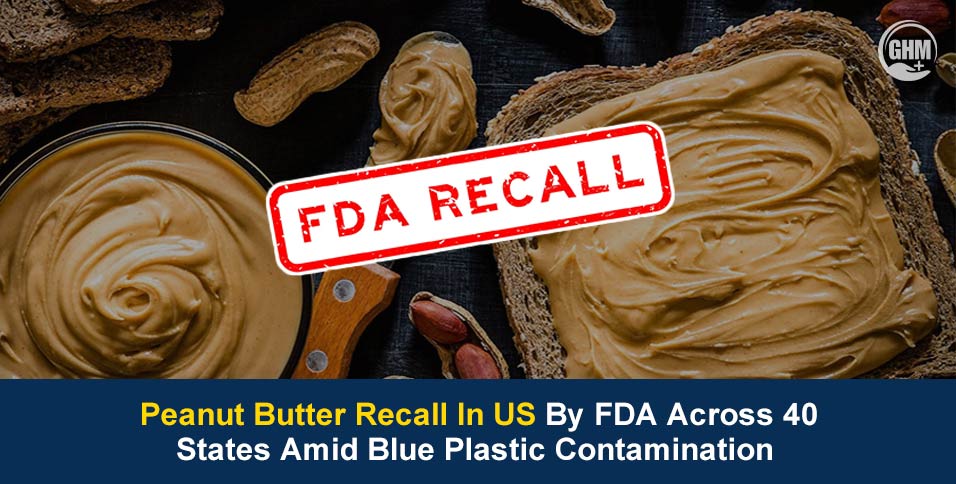A price too high? Duchenne gene therapy fatalities shock the industry!
Duchenne gene therapy fatalities have rattled the biotech sector, casting a shadow over Sarepta Therapeutics’ flagship treatment, Elevidys. In what was once hailed as a breakthrough for Duchenne muscular dystrophy (DMD), the recent deaths of two teenage boys after receiving gene therapy have triggered an urgent industry-wide reckoning.
As the only FDA-approved gene therapy for DMD, Elevidys carried hopes—and a price tag of $3.2 million per dose—but now confronts scrutiny over its safety for vulnerable patients, especially those in advanced stages of the disease.
Clinical Setbacks: The Tragedies That Sparked a Storm
First Fatality (March 2025):
A 16-year-old non-ambulatory patient succumbed to acute liver failure (ALF) several months after treatment. A concurrent cytomegalovirus infection may have worsened his liver’s response to the therapy, marking the first reported Elevidys-linked death due to liver toxicity.
Second Fatality (June 2025):
Only three months later, a 15-year-old patient enrolled in Sarepta’s Phase III ENVISION trial also died of ALF, underscoring a troubling pattern among non-ambulatory patients.
Both cases involved the body’s immune reaction to adeno-associated viral (AAV) vectors, used to deliver gene therapy. These vectors, while effective at targeting cells, can provoke T-cell-mediated immune responses that attack the liver.
The Science Behind the Risk: When the Cure Triggers the Crisis
Gene therapies like Elevidys use AAV vectors, which are efficient delivery tools but also bring risks. Once administered, these vectors accumulate in the liver, a major filter organ, causing immune activation that can overwhelm the body, especially in patients with advanced DMD or recent infections.
Key liver failure risks include:
- Immune-mediated hepatotoxicity
- High vector load-induced hepatic stress.
- Concurrent viral infections (e.g., CMV)
- Exacerbation in non-ambulatory patients
Even more troubling: pre-existing liver conditions or recent infections can heighten vulnerability, yet not all such risks are clearly outlined in existing treatment protocols.
Corporate Fallout: Sarepta and Roche Slam the Brakes
Sarepta Therapeutics immediately halted dosing in its ENVISION trial and paused commercial availability of Elevidys for non-ambulatory patients in the U.S. Globally, Roche—Sarepta’s development partner—suspended the therapy’s use outside the U.S.
Shares of Sarepta plummeted as much as 41% after the news broke, reflecting shaken investor confidence in what was supposed to be a revolutionary treatment.
To regain trust, Sarepta is now:
- Seeking FDA approval for sirolimus, an immunosuppressant aimed at reducing immune-related liver damage.
- Collaborating with independent expert panels to revise trial protocols.
- Amplifying post-treatment safety monitoring and patient screening.
The Human Cost: Hope, Heartbreak, and Hesitation
For families like the Lawsons, the emotional toll is profound. Kameron Lawson’s 10-year-old son, Konner, after receiving Elevidys, was hospitalized with elevated liver enzymes—a harrowing echo of the fatal cases.
“There’s always hope with gene therapy,” Lawson said. “But no parent should have to weigh that against the chance of losing their child.”
The DMD community—once galvanized by a potential cure—is now split. Some advocate for cautious optimism; others fear the uncharted risks far outweigh the potential reward for late-stage patients.
Global Regulatory Ripples: What Comes Next?
Regulatory agencies, led by the FDA and international bodies, are expected to:
- Tighten eligibility criteria, particularly for advanced-stage DMD patients.
- Mandate enhanced pre- and post-treatment screening, including liver function and antibody levels.
- Require prophylactic immunosuppressants as standard protocol.
- Increase transparency and long-term surveillance for all gene therapies.
These moves represent a broader shift toward adaptive, risk-based regulation in the era of genomic medicine, where safety cannot trail innovation.
Expert Oversight: Rewriting the Rulebook
Independent panels are now at the center of recalibrating the safety protocols for Elevidys and similar therapies. These groups will assess:
- Root causes of fatal liver injury
- Adjusted trial designs and dosing guidelines
- Ethical implications of one-shot, irreversible therapies
Their insights are expected to shape a new standard of care for gene therapy, balancing the urgency of treatment with the duty to protect vulnerable patients.
Business and Bioethics: The Future of Gene Therapy Is Fragile
The Duchenne gene therapy fatalities have exposed the thin line between innovation and risk. They spotlight the urgent need for:
- More resilient corporate safety protocols
- Faster regulatory responsiveness
- Stronger real-world data collection post-approval
As stakeholders regroup, one thing is clear: the journey toward curing genetic diseases must be paved with equal parts ambition and accountability.
For Sarepta and the broader biotech world, this isn’t just a pause. It’s a defining moment.













